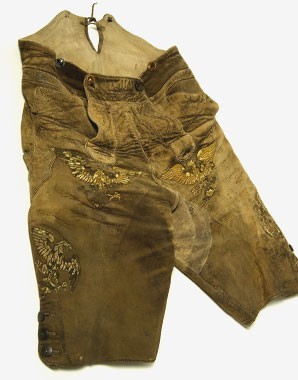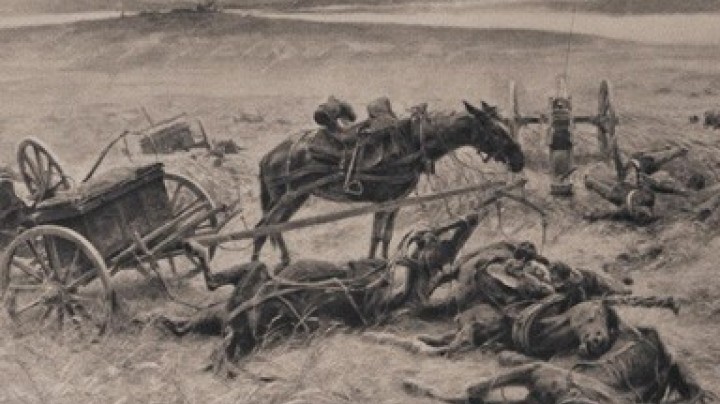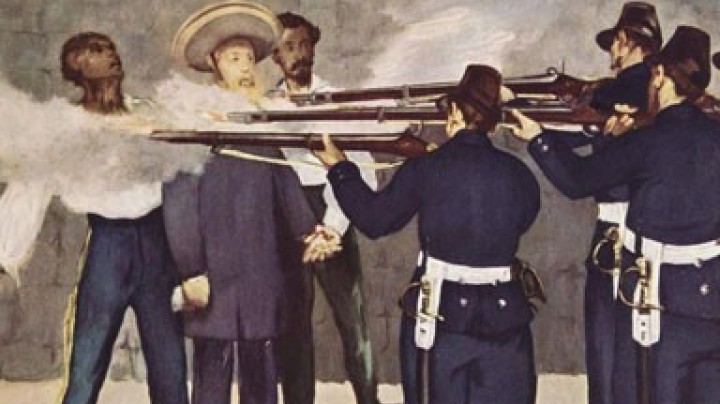Flushing out woodcock and chasing wild boar – Franz Joseph and his passion for the chase
Shooting was Franz Joseph’s great passion. Deer, chamois, wood grouse and even wild boar – the emperor is said to have bagged a handsome total of 55,000 game animals over the course of his long life.
Whenever Franz Joseph swapped his uniform for his lederhosen and wore his hat decorated with a Gamsbart, a tuft of chamois hair, the otherwise so-unapproachable monarch appeared exactly like an ordinary citizen. Hunting was not a passion specific to of Franz Joseph and his family, but a suitable leisure activity for the nobility in general. After all, it was the aristocracy who could afford the necessary hunting grounds in order to indulge in their passion.
Franz Joseph, who distinguished himself as an especially assiduous and enthusiastic sportsman, purchased countless hunting lodges and commissioned the building of hunting chateaux, including those at Eisenerz (Styria), Radmer (Styria), Langbathsee and Offensee (Upper Austria). The most important hunting chateau, situated near the Semmering in Styria, was constructed in 1867 in ‘Swiss style’, and from 1903 was known as ‘Schloss Mürzsteg’. The location affords a superb view of the Hohe Veitsch, the highest peak in the Mürzsteg Alps.
Since hunting was a vehicle for both social and political gatherings, at Mürzsteg there were not only six guest rooms, a dining room and a billiard room, but on the first floor, next to the emperor’s parlour, there were also apartments for the monarchs among the guests. These included, for instance, Tsar Nicholas who, upon his visit to Styria in 1903, not only shot seventeen chamois, but also negotiated with the Austro-Hungarian monarch the 'Mürzsteg Programme' on Balkan politics. This was an agreement on a joint political approach in the Balkans, which gave rise to fears particularly in Italy and England that the Tsar would give Franz Joseph free rein in the Balkans.
Whenever there were no actual global political negotiations going on, compared with everyday life at the court, life in the hunting lodges tended to be fairly casual. This was particularly the case with hunting dinners. Simple dishes were prepared, such as the well-known Kaiserschmarrn (shredded sweet pancake with raisins) or Geselchtes mit Sauerkraut und Knödeln (cured smoked pork with sauerkraut and dumplings), and these were served on plates decorated with hunting motifs. After the meal, the diners enjoyed lingering at table and conversing. On shoots, hunters would take cold meat, bread and cognac with them. If the weather was very cold, they also took vacuum flasks containing tea or soup.
For Franz Joseph’s birthday or name day, Elisabeth liked to give him items for his hunting lodges; she gave him a Minton service for Schloss Langbathsee. Alternatively, she arranged for renovation work to be undertaken, such as the decoration of rooms or installation of a telephone. Since 1946, Schloss Mürzsteg has been at the disposal of the incumbent Austrian president as a summer residence.





















